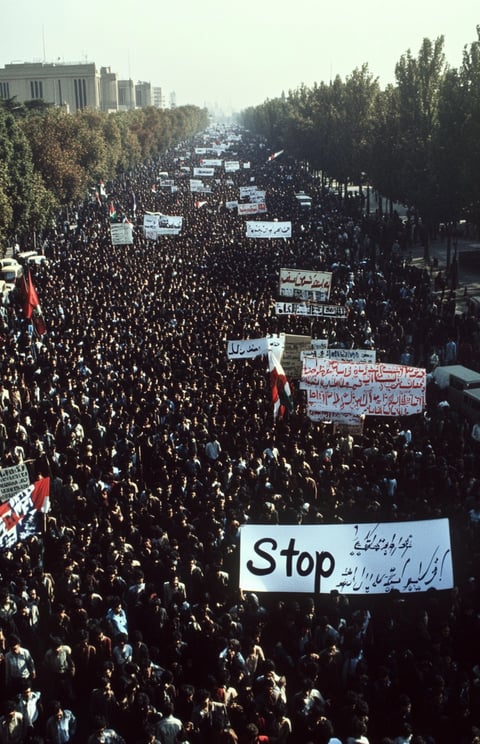Persecution of Kurds in Iran
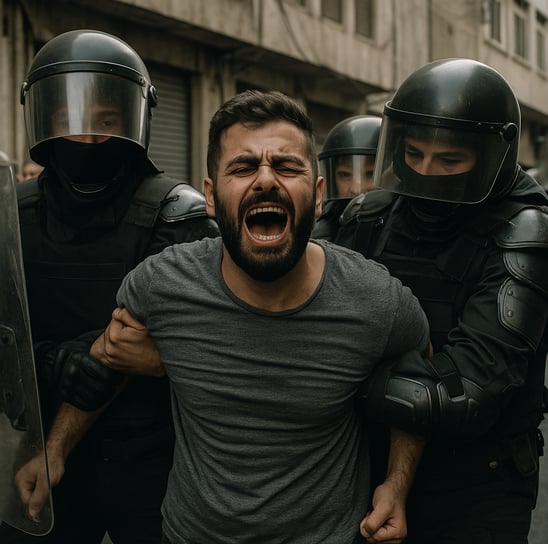

Addressing human rights violations against Kurds in Iran through stories of resilience and resistance.
Iranian Kurds continue to face harsh treatment for expressing their identity, culture, or political beliefs. In 2023 alone, at least 745 Kurdish civilians and activists were arrested for alleged political activity. Many were held without charge, subjected to torture, and denied access to fair legal processes (KHRN).
The death of Mahsa (Jina) Amini, a young Kurdish woman, in police custody sparked a national uprising, but protests were crushed with live ammunition, mass arrests, and internet blackouts. Hundreds died in the crackdown (HRW).
https://www.hrw.org/world-report/2023/country-chapters/iran
Peaceful cultural work is also criminalised. Zara Mohammadi, a language teacher, was sentenced to 5 years in prison simply for teaching Kurdish, labelled as “threatening national security” (Amnesty).
https://www.amnesty.org/en/location/middle-east-and-north-africa/middle-east/iran/report-iran/
Kurdish regions remain under tight surveillance, with frequent military presence, restricted internet access, and reports of forced confessions, secret detentions, and collective punishment. Families are often threatened into silence.
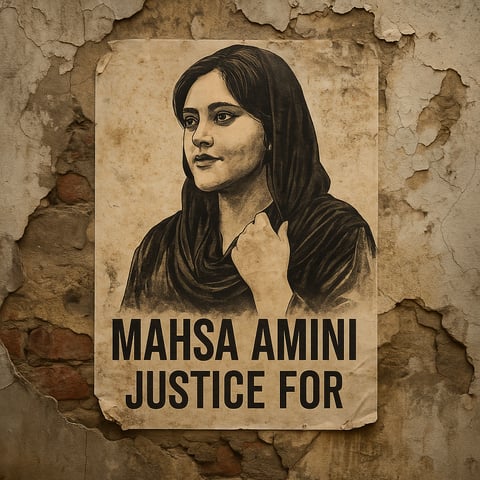

The Iranian regime has executed several Kurdish activists following unfair trials. For instance, in December 2023, four Kurdish political prisoners, Pezhman Fatehi, Mohammad Faramarzi, Vafa Azarbar, and Mohsen Mezloome, were executed after being accused of espionage and "enmity against God," despite international outcry and a lack of due process.
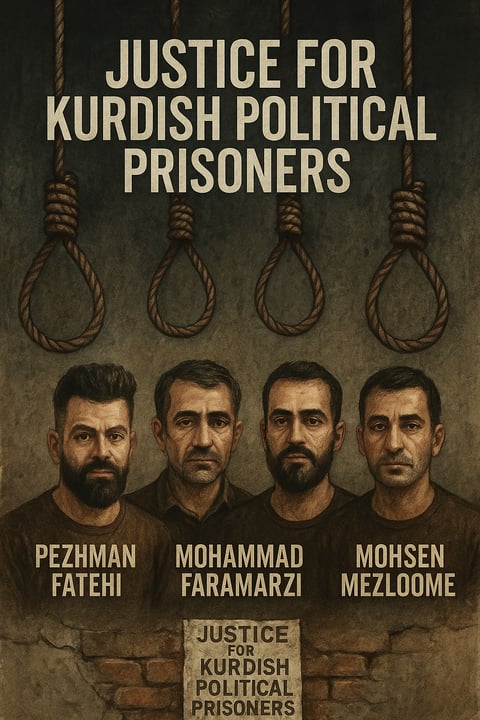

Teaching the Kurdish language and promoting Kurdish culture are criminalised in Iran. Zara Mohammadi, a Kurdish language teacher, was sentenced to five years in prison for her cultural activities, accused of undermining national security.
In 2023, Iran executed at least 853 individuals, marking a significant increase from the previous year. Many of those executed were from marginalised communities, including the Kurdish and Baluch minorities. The death penalty has been used disproportionately against these groups, often following unfair trials and allegations of torture.
https://apnews.com/article/amnesty-death-penalty-executions-report-d9fc6cc8a83118b829f29df348de59a6
In 2024, Iran executed at least 138 Kurdish prisoners, highlighting the regime's alarming use of the death penalty as a tool for political repression. These executions often followed trials lacking transparency and fairness.
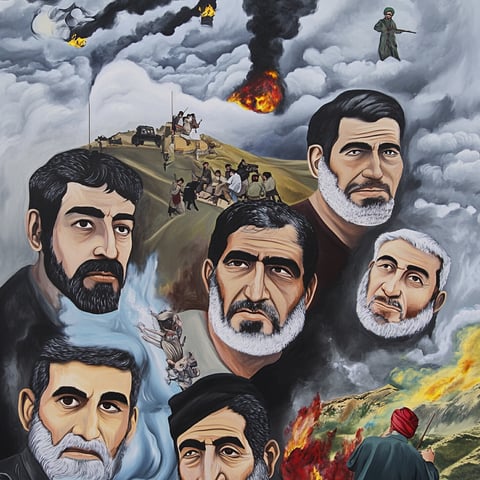

Ehsan Fatahian, a Kurdish activist, was executed in November 2009 after being sentenced to death by the Iranian judiciary for allegedly being a member of the armed wing of Komalah. His execution sparked protests and hunger strikes among political prisoners.
Sherko Moarefi, a Kurdish activist from Baneh, was executed in November 2013 after being convicted on charges of "waging war against God" and "acting against national security." His execution was carried out without prior notice to his family or lawyer.
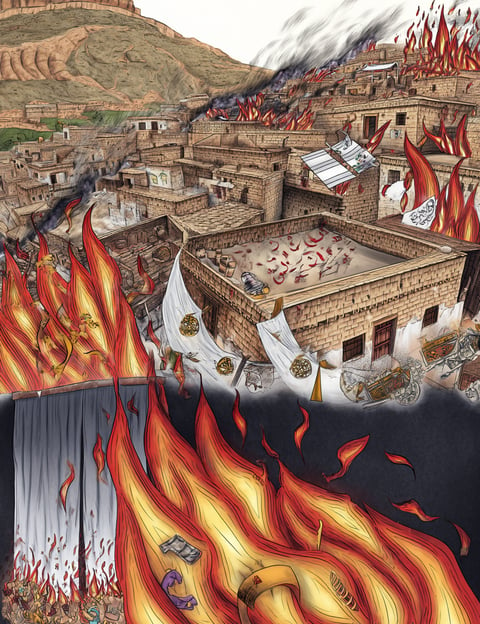

Anwar Khezri, Farhad Salimi, Kamran Sheikheh, and Khosrow Basharat, all from Iran's Kurdish Sunni minority, were at grave risk of execution in 2024. They were convicted after grossly unfair trials and subjected to torture and other ill-treatment. Their cases exemplify the regime's use of the death penalty against ethnic and religious minorities.
In September 2023, Iranian authorities intensified their crackdown on dissent ahead of the anniversary of the 2022 protests. Security forces used excessive and lethal force, arrested thousands, and executed seven individuals after trials that lacked international standards. The repression disproportionately affected Kurdish regions.
https://www.hrw.org/news/2023/09/15/iran-crackdown-dissent-ahead-protest-anniversary
